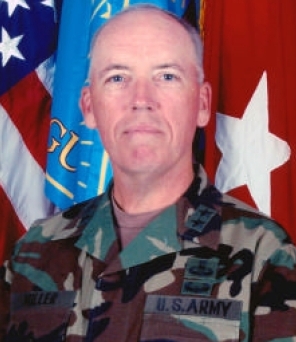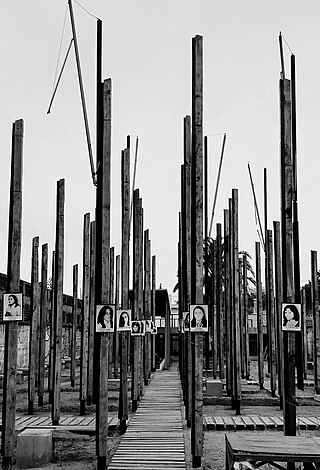Criticism
Critics of the Valech Report said that families were falsely claiming that their relatives went missing during the 1973–1990 military regime. There had been reports since 2008 that four people, listed as killed or missing, were alive or had died in unrelated circumstances. [8] These cases have raised questions about the system of verification of victims of dictatorships. [9] The Age newspaper has reported that a total of 1,183 people were killed, or reported missing and presumed dead, and that their names appear on a special memorial at the General Cemetery of Santiago. [10] Clive Foss, in The Tyrants: 2500 years of Absolute Power and Corruption, estimates that 1,500 Chileans were killed or disappeared during the Pinochet regime. Nearly 700 civilians disappeared during the period between 1974 and 1977 after being detained by the Chilean military and police. [11] In October 1977, The New York Times reported that Amnesty International had documented the disappearance of approximately 1,500 Chileans since 1973. [12]
Most of those new cases of child victims had not been included in the first report because their parents were either executed political prisoners or among the "disappeared" detainees and there were no confirming witnesses. About two-thirds of the cases of abuse that were recognized by the commission took place during 1973.[ citation needed ]
The associations say that testimony was accepted under the following conditions:
- Detention had to have lasted for more than five days. For perspective, in Santiago de Chile, 120,000 people were detained by the armed forces in 1986. Of those, 24,000 were detained by the Carabineros Chilean police force for a duration of four and a half days. However, the Commission's requirement was not about the length of detention, but about the political motivation for the detention or torture. In those cases where evidence of either was found, even if the period of detention was of few days, the testimony of those individuals was accepted (see article 1, paragraph 2 of Supreme Decree 1,040 of 2003, that created the Commission and established its mandate [13] ).
- Detention must have been in one of the 1,200 official detention or torture centers listed by the Commission including: Villa Grimaldi, Colonia Dignidad, Víctor Jara Stadium or the Esmeralda floating center. Cases of torture in the streets or in vehicles were excluded. Starting in the 1980s, the CNI (which succeeded DINA) no longer took victims to detention centers thus, say the associations, the fact that about two-thirds of the cases of abuse that were approved by the commission took place during 1973. The case of Carmen Gloria Quintana, who was burnt alive in the middle of the 1980s, was not recognized, following this definition of torture. Some have disputed this, pointing out that there was no official list of detention centers where victims had to have been detained for their cases to be recognized. The list established by the Commission was the product of the testimony received. [14] The difficulty in accepting testimony from people detained in vehicles or tortured on the street was in finding enough evidence to support their cases.[ citation needed ] Those cases where evidence was found of people being detained and tortured in police buses or other vehicles were accepted. Ms. Quintana contacted the Commission but did not testify before it.[ citation needed ]
- Detention must not have taken place in any country other than Chile. The associations underlined the fact that the commission worked for only six months, with very little publicity, despite the UN's demand that it accept testimony for a longer period. In some cases, in rural areas, victims who knew about the Commission had to give testimony to local civil servants who were part of the local governments when they were detained and tortured. When the Commission knew about this situation, it demanded the exclusion of those officers from the process and sent new teams to those areas. The commission worked only during office hours, forcing victims to ask their employer for permission to testify. Insufficient psychological assistance was provided to the victims who had to relive their experiences, some of them suffering flashbacks, except referring statement givers to the Comprehensive Health Care Reparations Program (PRAIS), [15] and some specialized mental health care NGOs were unable to meet the demand thus "re-victimizing" those individuals. Ex-political prisoners said that testimony from minors under eighteen years of age was refused because it was impossible for them to recall exactly the details of the place and time where they had been tortured. Children, some of them five years old, and adolescents, had been tortured by the dictatorship.[ citation needed ]
Sixty percent of the ex-political prisoners were unemployed for at least two years according to studies made by ex-political prisoners' associations. Their life expectancy is only sixty to sixty-five years. Switzerland and Argentina have recently refused to extradite two ex-political prisoner to Chile, on the grounds that they might be subject to "mistreatment" in Chile.[ citation needed ]













